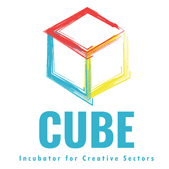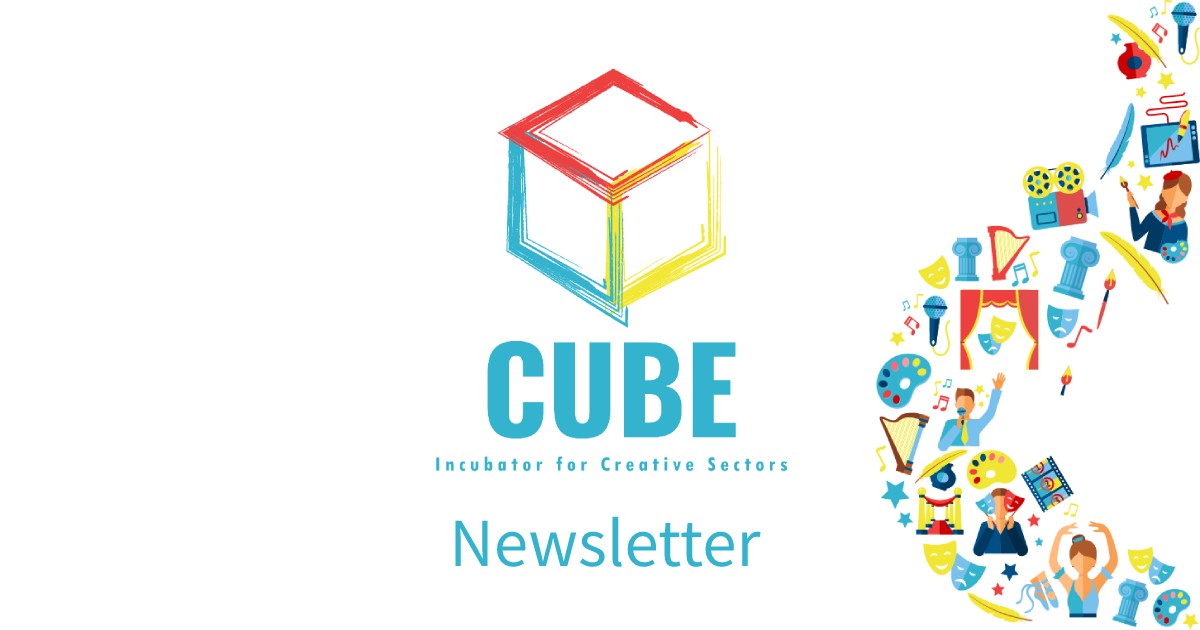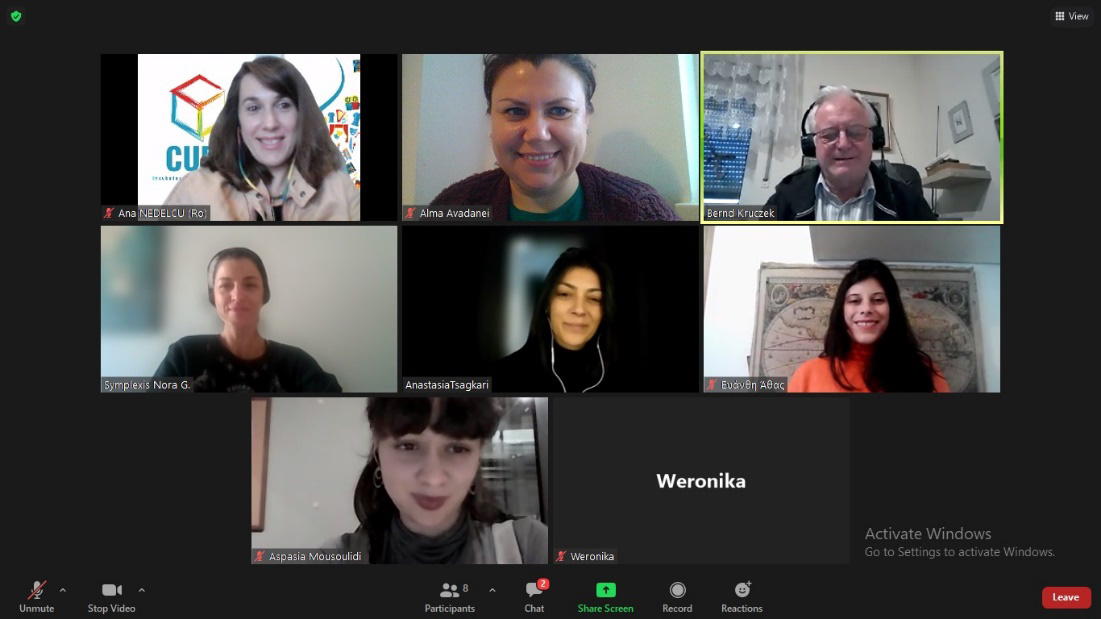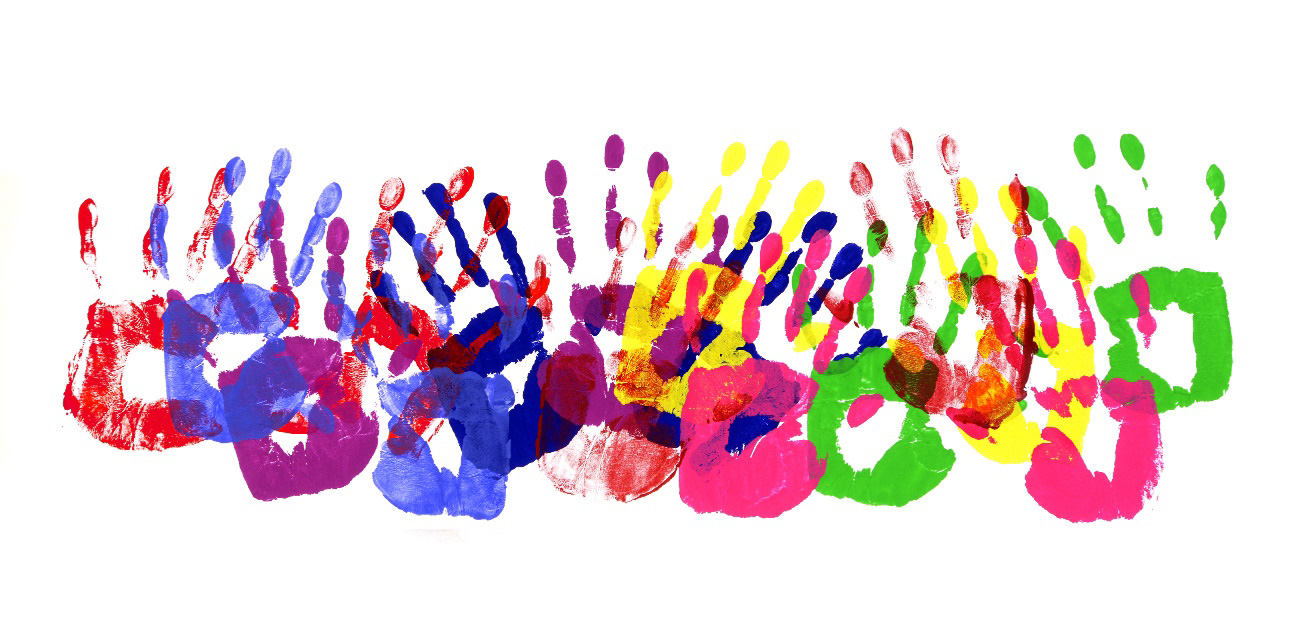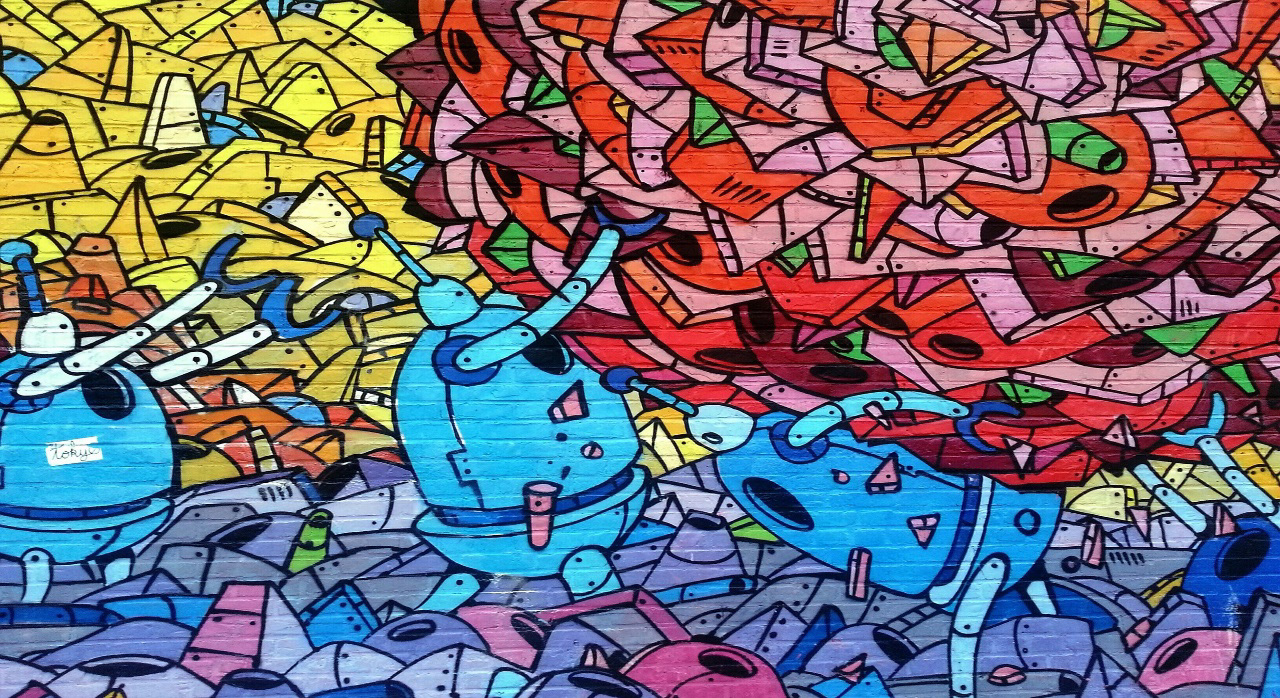Project Status
The partnership proudly announces the finalization of the design of a virtual educational programme for entrepreneurship for adult artists and people with low skills related to the cultural sector. Also, we are very close to finalising the development of a library repository which will present all relevant information, including methodologies and handbooks related to entrepreneurship and guidance for artists to launch and design their own incubator which will serve as the focal and central point among artists and cultural workers.
More updates about the project implementation you can find on our project website:
3rd Transnational Meeting – a hybrid version
The project coordinators met in Bucharest, Romania hosted by the partner Centrul de Incubare Creativ Inovativ de Afaceri (CICIA) for two working days, from the 20th of January to the 21st of January 2023. The meeting was an opportunity:
-
To check the times and results status of the medium-term projects;
-
To present the platform and its functionality that will host all the piloting sessions from the CUBE project implementation
-
To talk about the piloting sessions and their national implementations aiming to reach more than 150 artists involved in the virtual programme for entrepreneurship in the cultural sector.
The partners from Germany, Greece, Romania, Poland and Italy have been satisfied with the project results and returned to their home countries with the information to optimize the project results.
